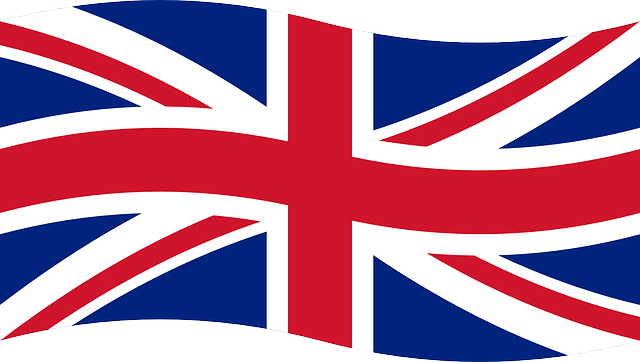With the threat of a Brexit looming ahead, it is worth revisiting Britain’s past relationship with the Eurozone which has been nothing but rocky from the very start.
The European Union became a geo-political entity in 1993 and consisted then of six members. It introduced its new currency, the euro in January 1, 1999, Originally, the euro was used for exchanges between countries within the union while people within the countries continued to use their own currencies. Within three years, however, the euro was established as an everyday currency and replaced the domestic currencies of many member states.
1973 Referendum
A referendum was put to the British citizens and with its overwhelmingly positive results, the then Tory Prime Minister Edward Heath allowed Britain agreed to join the EEC in 1973, after Charles de Gaulle's resignation in 1969.
Britain’s past relationship with the Eurozone… has been nothing but rocky from the very start.
Since then the relationship has flowed and ebbed, mostly based on Europe’s economies and how these countries viewed their British partners. When Europe did poorly, the marriage tended to be at its strongest. When Germany and its followers were doing well, it lost strength.
This roller coaster affair is not at all surprising as Britain’s entry into the European conglomerate was done only half-heartedly at the time and the UK has maintained its distance as much as possible over the years.
Well before the European Union was formed, in one of his speeches, Winston Churchill proposed “a kind of United States of Europe” as a way of moving past the war years, but he did not envisage Britain as part of it. Churchill said at the time, “We are with Europe, but not of it. We are linked but not combined. We are interested and associated but not absorbed,” and this line of thinking has defined Britain’s ambivalent attitude to Europe ever since.
The last referendum for staying in the EEC took place immediately after the U.K.'s General Election in May, 2015 wherein the U.K. voted to continue the relationship, setting aside fears of a possible Brexit.
Move forward four months and the outlook has changed. A YouGov poll on 28th September showed that the vote to initiate a Brexit was leading with 40 percent of Britons wanting to leave the EU, compared to 38 percent who wanted to remain.
Why the Change?
Economists point to several possible causes for the turn around. The Greek crisis as the key cause of the change with the attitude of Germany and the rest of the Eurozone towards Athens being the underlying problem. According to some analysts, the terms of the recently announced third Greek bail-out were just harsh enough to persuade German public opinion that their money was going towards Greek pensions, but are fiscally far too difficult for Greece to implement. The negotiations behind the deal showed the EU and its biggest economic power to be controlling and demanding.
The effects of a Brexit on the British Pound Sterling and the Euro are, of course, uncertain but the GBS would probably drop, as uncertainty develops. Markets don’t like uncertainty. According to some economists, the Pound Sterling or the Euro exchange rates would likely sink and both could remain vulnerable for some time—especially if economic growth struggles in the aftermath. Should economic growth continue, however, the Pound and Euro exchange rates could regain strength and perhaps come out of the situation stronger than ever.
Analysts expect Britain to remain part of the single market. They see all other moves as risky economic undertakings and expect PM David Cameron to work out his own method of negotiations with UK’s Eurozone partners.
And as U.K. Chancellor George Osborne pointed out in his speech given last June and again last week at the Conservative party conference in Manchester, Europe needs to remember that Britain joined the Single Market, not the Single Currency. And that the EU needs to be run for all of its 28 members, not just the 19 members of the euro.
Seems we are witnessing another fiscal waiting game.

